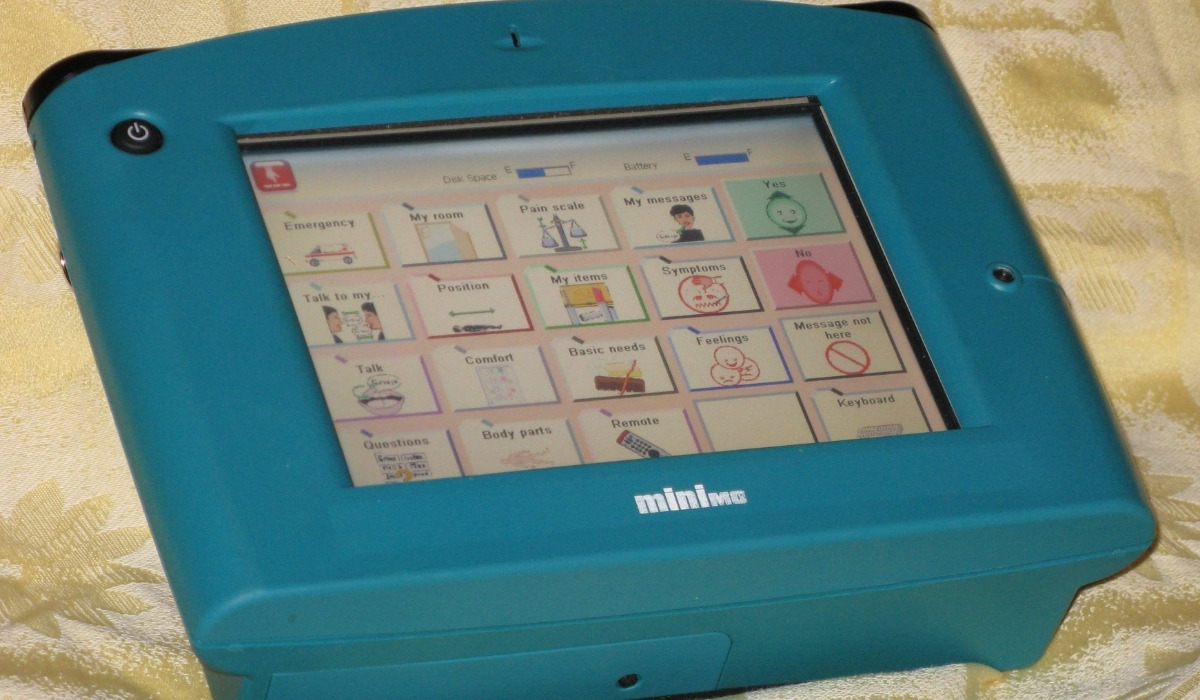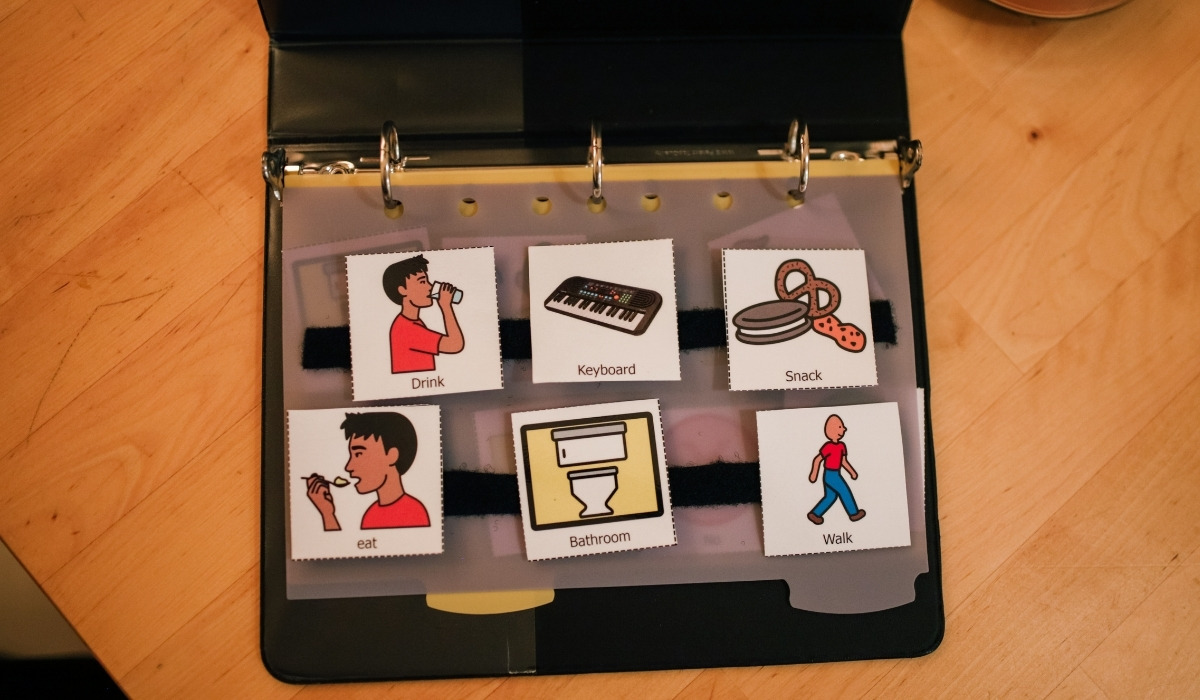
Key Points: Naturalistic ABA focuses on teaching skills within a child’s everyday environment and activities. This approach helps children with autism generalize skills and stay motivated during learning. Parents can…

Key Points: Naturalistic ABA focuses on teaching skills within a child’s everyday environment and activities. This approach helps children with autism generalize skills and stay motivated during learning. Parents can…

Key Points: Melatonin is commonly used to support sleep in children with autism, but finding the right dosage is key to safety and effectiveness. The recommended starting melatonin autism dose…

Key Points: Quality ABA programs are individualized, data-driven, and involve family collaboration. Qualified, compassionate therapists and evidence-based methods are essential for effective therapy. Location, flexibility, and communication style impact the…

Key Points: The autism picture exchange communication system (PECS) helps nonverbal and minimally verbal individuals communicate using pictures. PECS is taught in structured phases, starting with basic requests and moving…

Key Points: Asperger’s in men often presents with subtle but persistent challenges in social interaction and communication. Symptoms can be overlooked or misunderstood, especially in adults who have developed coping…

Key Points: Aripiprazole is FDA-approved for managing irritability in children with autism, but it can cause a range of side effects. Side effects can be mild, like drowsiness and weight…

Key Points: Understanding the differences between clinic-based and in-home ABA therapy can help tailor treatment to your child’s needs. Clinic ABA offers structured environments and specialized resources, while in-home therapy…

Key Points: Early ABA intervention improves developmental outcomes for children with autism by targeting communication, social skills, and behavior. Starting ABA therapy at a young age takes advantage of brain…

Key Points: AAC devices support communication for nonverbal or minimally verbal individuals with autism, promoting connection and reducing frustration. The best autism communication devices are tailored to the individual’s needs,…

Key Points: Understanding the credentials and experience of ABA providers is crucial before starting therapy. Asking about personalized treatment plans and data collection methods helps ensure effective progress tracking. Knowing…